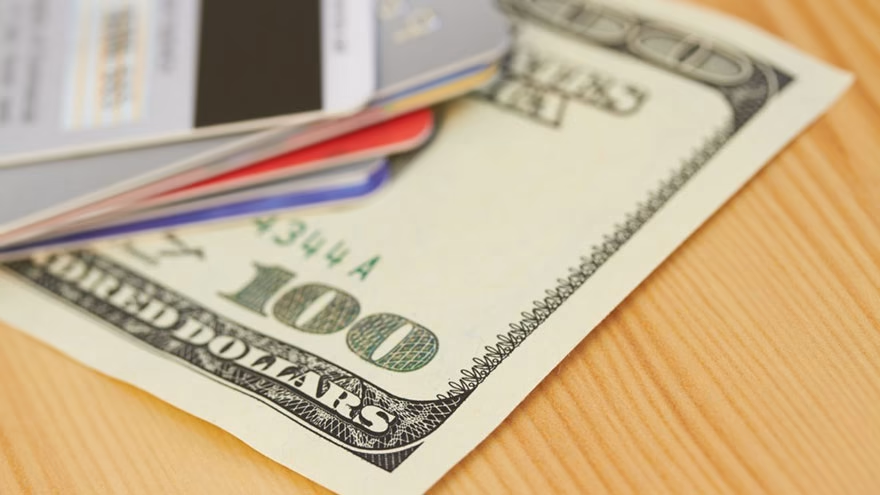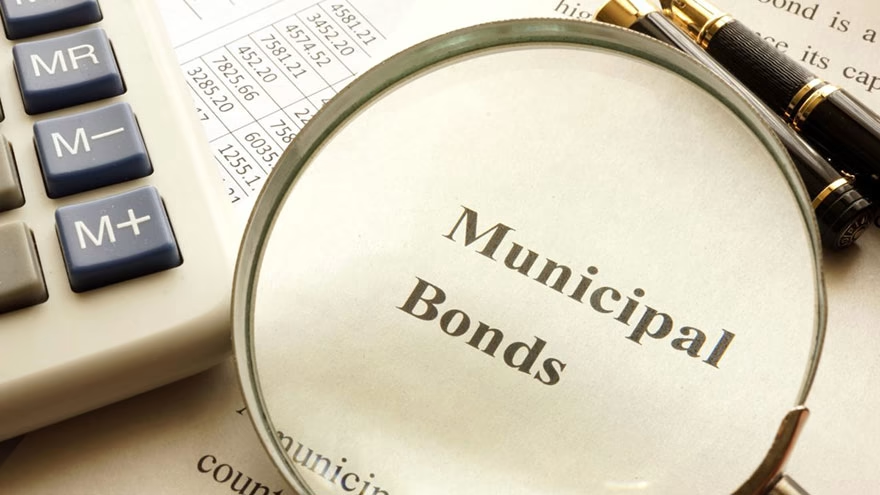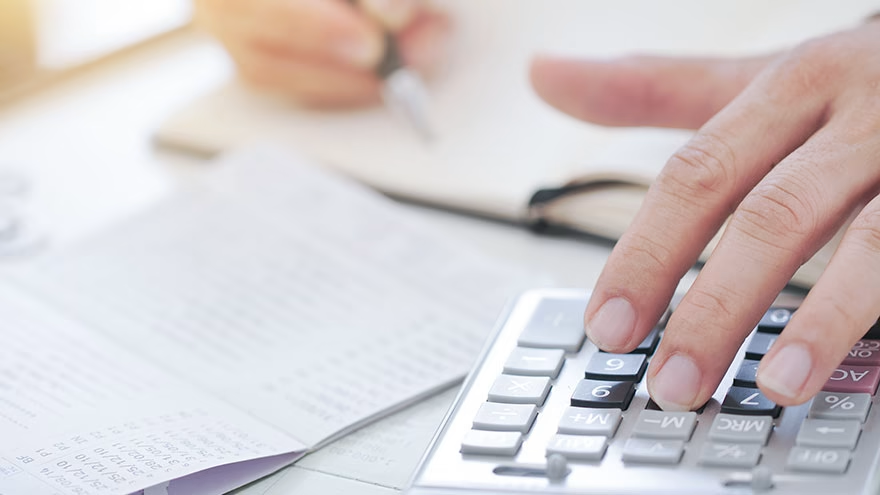The annual percentage rate you receive is based on your credit worthiness. If you have a high credit score such as 700 or more, you will receive a lower annual percentage for different credit products and services. One of the items that helps determine your credit score is how you pay your debts.
Late payments can cause your APR to drop really fast.
Consequences
If you borrow $15,000 to purchase an automobile and the annual percentage rate is 15% your interest will be $187.47 for the first month, (.15/360=.0004166 X 30 X $15,000). You also have to factor in the number of days in the billing cycle which ranges from 28 to 31, and the outstanding balance.If your monthly payments are $250 you novel balance will be $14,937.47, ($250 - $187.47 = $62.43). The principal payment of $62.43 is the amount subtracted from your balance. Whenever you make payments, a portion goes to interest and a portion goes to finance charges.
Next month your interest charges will be less because your balance is going to be smaller. .15/360= .0004166 X 30 $14,937.47 =$186.68.
Whenever you have a loan, the majority of your finance charges are paid in the beginning of the loan. The lower your balance, the less you pay in finance charges. If you receive a large lump sum of money you can apply it to your loan and you will see a reduction in your monthly finance charges.

Considerations
With an APR of 6%, using the same figures as in the previous example, your finance charges will drop significantly. Take .06/360 X 30 X $15,000 = $74.- The finance charges you pay will be $74.97 for the first month instead of $187.
- Your mortgage payments will increase if your APR increases.
A mortgage that is amortized over a 30-year period will have a certain interest rate but if that mortgage resets and the APR increases the payments on the mortgage will increase as well.
This is what happens when you have a variable rate. Your payments will increase to keep you on track to pay off your loan on the original maturity date.
Since the amount of finance charges will increase the larger payment will help the principal balance continue to reduce right on schedule.
You Might Also Like :: Difference Between APY & APR
Save for later
Found this helpful?
Pin this article to your Pinterest board and come back to it whenever you need a reminder.
Save to Pinterest


